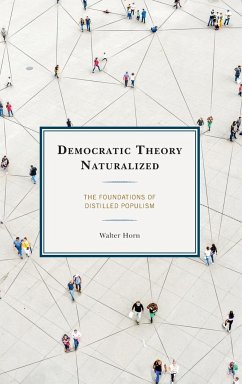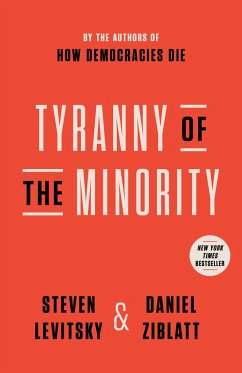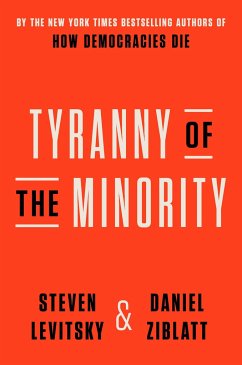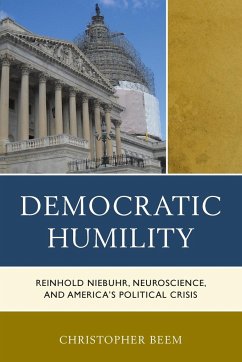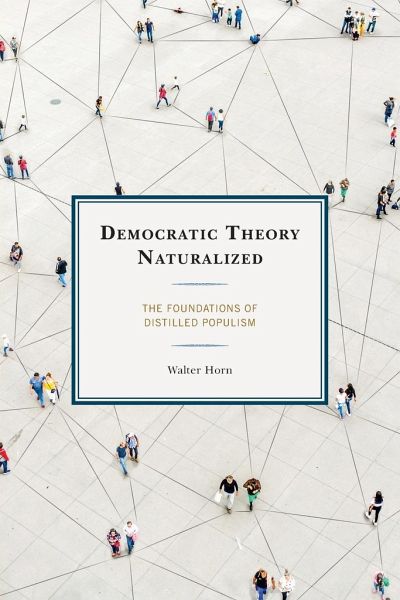
Democratic Theory Naturalized
The Foundations of Distilled Populism
Versandkostenfrei!
Versandfertig in 1-2 Wochen
42,99 €
inkl. MwSt.
Weitere Ausgaben:

PAYBACK Punkte
21 °P sammeln!
In Democratic Theory Naturalized, Walter Horn proposes his theory of "CHOICE Voluntarism" to distill populism to its core premise: giving people the power to govern themselves without the constraints imposed by those on the left or the right. Horn analyzes what makes for fair aggregation and appropriate, deliberative representation.





